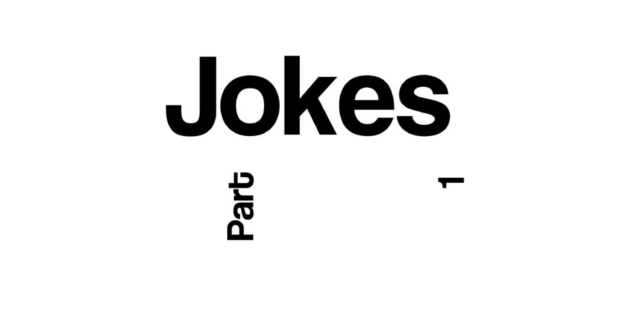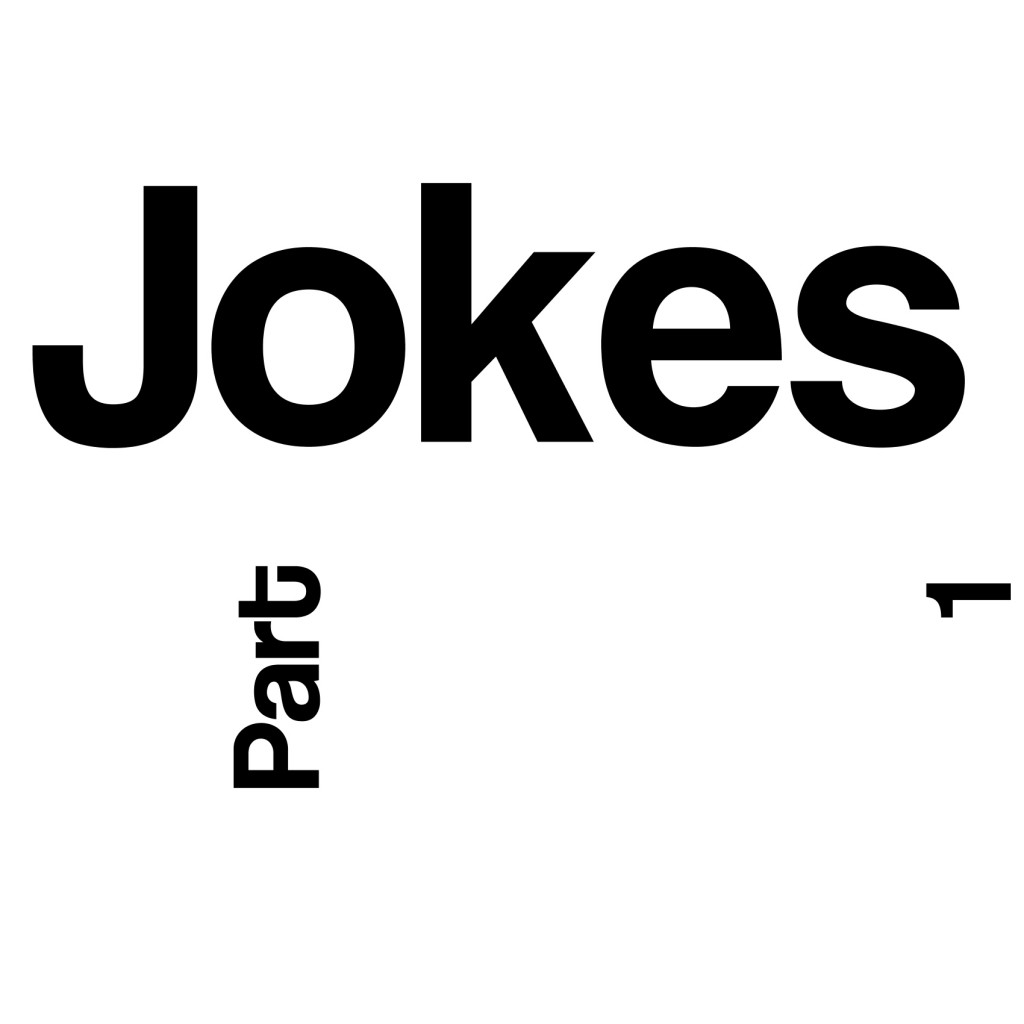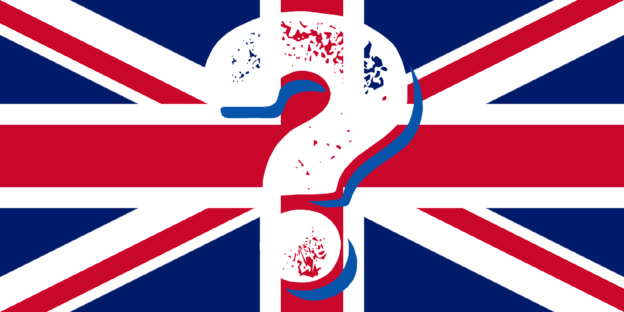In this episode I’m going to respond to questions that my listeners have asked me in the teacherluke.co.uk discussion forum. I’ll also deal with some other questions I’ve received from listeners in different ways, either on Facebook, twitter, email or as comments posted on my website.
![]() [DOWNLOAD] [AUDIOBOOK OFFER]
[DOWNLOAD] [AUDIOBOOK OFFER]
So this is a Q&A episode – Q&A, obviously means Question and Answer. It’s not the first time I’ve done this on the podcast before. The first time was Episode 17 “Hello To My Listeners Around the World”, then episode 51 “Luke Answers Your Emails and Questions”, then episode 126 “Your Emails, Comments and Questions” – and that was the last time I did an episode devoted to your questions and comments, although I did do the “Your English Podcast” series which featured lots of comments from listeners, and some Q&A in other episodes like “Rickipedia” with my Dad or “A Cup of Tea with…” with friends like Pierre Gaspard, Sebastian Marx, Sarah Donnelly, where we answered questions from Facebook. But really, this is in fact the 4th episode devoted solely to answering listeners’ questions. That’s why this episode is called Q&A Session #4. This is something I plan to do more regularly. If you’d like to send me questions to be answered in the podcast, listen up and I’ll tell you the best ways to get in touch with me.
So, thanks for attending the LEP Q&A Session for May 2015. Make yourself comfortable. Pull up a chair, there are plenty available. Help yourself to biscuits. Let’s imagine that this virtual meeting is taking place inside a pod which is orbiting the earth. Let’s hope there’s no space debris like in that film Gravity with Sandra Bullock and George Clooney, that could be disastrous, but also entertaining and with great 3D effects. No, there’s no need to worry – during this Q&A meeting, we’re just going to cruise around the atmosphere in total comfort while I carefully respond to different questions and queries which have been sent in to LEP via the matrix, I mean, the internet.
Just before I answer those questions from listeners, I’d like to just mention a few other things – these are some things that I would like to deal with and I think now is an appropriate time. Feel free to use this moment as a chance to just get comfortable, pour yourself some space coffee, get used to the zero gravity conditions, have a power-nap, whatever you’ve got to do.
Recent Episodes
I’m very glad to see that recent episodes of the podcast have been well received by the international community of LEP. Comments have been encouraging, particularly for the ones involving Amber and Paul which I uploaded over the past week or two. Those episodes were a lot of fun and I plan to feature Amber and Paul with their lovely voices, on the podcast again soon, perhaps to do some more improvisation games and language focus.
Audible Sponsorship
You can’t fail to have noticed that most of my episodes now contain mentions of an audiobook offer from Audible.com. There’s usually a pre-show spot of about 1 minute when I remind you to go to audibletrial.com/teacherluke where you can sign up and get a free audiobook. Now, why am I doing that? Well, it’s quite simple really. I’ve arranged to have sponsorship from Audible for several reasons. The main one is that it’s a way for me to monetise this podcast which I spend so much of my time working on. I love doing LEP and I spend quite a lot of my time on it, and I work alone except for bits of assistance from some LEP Ninjas who manage google docs for transcriptions. Basically, I have to be able to justify doing this – if I can’t get some remuneration for my efforts, then why should I keep spending so much time working essentially for free? Obviously, doing the podcast not completely thankless or anything – it’s wonderful and I love it! I receive so many encouraging comments from my listeners, positive responses, and I am able to connect with so many cool people around the world and that is massively rewarding, and I am so grateful for everyone’s support. However, I think it’s time I made a little bit of cash from my efforts, and sponsorship is one of the ways for me to do that. Also, I’d like to keep LEP free for you to download, rather than making everyone pay for episodes. So, how can I generate some income while keeping the podcast free? Well, sponsorship is one of the answers. Loads of other top podcasts have sponsors – Marc Maron, Serial, This American Life – they’re all sponsored by someone. That’s how they make it work. It’s the industry standard for monetising a podcast. Now, my mentions of audible.com might distract you slightly, or perhaps even make you feel that I’ve gone commercial or something. I understand that. But for me, sponsors are just a normal part of any successful podcast. Also, I believe Audible.com is an appropriate sponsor for LEP. Listening to audiobooks can be a great way to get loads of English input. I know there may be free audiobooks available out there – but frankly they’re not recorded using professional actors who can bring these stories to life. Also, Audible has a really wide range of stuff for you to download, or listen to on their website. I use Audible, and generally I’m happy with the service and I used their 30 day trial, got my free book and continue to use them, getting a new audiobook every month as part of my package. This month I downloaded a book by one of my favourite British journalists called Jon Ronson – the book is called “So You’ve Been Publicly Shamed?” and it’s all about the modern phenomenon of public shaming on social networks (e.g. when someone writes something stupid or controversial on Twitter and is then attacked by hundreds of people in a kind of feeding frenzy of public criticism.) Ronson is a brilliantly insightful and humorous writer and he narrates the book himself. Here’s a link to Jon Ronson’s books if you’re interested.
So, I like Audible, even if their iPhone application sucks. I mean, it used to be great, but since a recent update it hasn’t been working properly so I just download the books to my laptop and listen there, or transfer them to my phone using the cable connection.
 So, anyway, what I’m trying to say is: The fact that my podcast is sponsored is absolutely a good thing. It’s good for me, it’s good for the podcast and it is good for you, because you can take advantage of their offer and get yourself an audiobook. You’ll just have to put up with me mentioning my sponsors from time to time – but don’t worry, I’ll try to keep those mentions brief, informative, light-hearted and not too intrusive.
So, anyway, what I’m trying to say is: The fact that my podcast is sponsored is absolutely a good thing. It’s good for me, it’s good for the podcast and it is good for you, because you can take advantage of their offer and get yourself an audiobook. You’ll just have to put up with me mentioning my sponsors from time to time – but don’t worry, I’ll try to keep those mentions brief, informative, light-hearted and not too intrusive.
Join The Mailing List
Have you done this yet? You should!
teacherluke.co.uk is my base and this is where I post not only episodes of Luke’s English Podcast but also where I post other things that are worth sharing with you my lovely audience – like for example if I’ve been interviewed one someone else’s podcast or even featured on TV! If you join the mailing list you’ll get an email whenever I post a new episode or something like that. Don’t worry though, I definitely won’t spam you or send you loads of unnecessary things that just fill up your inbox. I hate that. You’ll just get an email with new a notification of a new episode or special extras whenever I add them. To join the mailing list just enter your email address in the space provided in the right of this screen.
How To Get In Touch With Me
There are lots of ways to get in touch with me.
LEP is on Facebook and you can leave comments there or send me a private message. Click here for the FB page.
I’m on Twitter, and you can tweet me there. Click here for my twitter (@englishpodcast)
But the best way is to contact me via my website – either publicly by leaving a comment on one of my episodes, or by sending me an email.
You can email me through the website quite simply. Just click on CONTACT in the menu and you can write your message there. It will be sent to me as a private email.
Also, I always welcome your thoughts, questions and suggestions – so please send me your feedback. I’ve set up a feedback form, and you can find it by mousing over the word CONTACT in the menu on my website.
The Discussion Forum
There’s also the discussion forum which is a cool way to chat with other Lepsters and make friends.
Have you seen it yet? – just visit teacherluke.co.uk and click “Discussion Forums” in the menu.
There are various discussions going on there, on different topics and you can add your own topics and pose your own questions. There’s a Skype group too, where people share Skype details and then chat with each other online. That includes the chatcast which is pretty cool. https://teacherluke.co.uk/forums/forum/general-discussion/
Please send me your questions – I will aim to answer them in episodes of the podcast
I haven’t done a Q&A on the podcast for quite a long time, but I love doing it.
In fact, that’s what this episode is all about – answering your questions and queries.
For future reference, you can send me your questions – either in an email via the CONTACT page, or in the discussion forum.
LEP Q&A
In June 2014 I posted this in the forum:
Luke – June 13, 2014 at 12:18 pm
Send me your questions for the podcast
https://teacherluke.co.uk/forums/topic/send-me-your-questions-for-the-podcast/
This is where you can ask me questions that you’d like me to answer on the podcast.
Ask me a question here and I’ll answer it on the podcast (probably – I do reserve the right to not answer questions if I want).
Feel free to ask me about ANYTHING.
It could be a question you’d like me to discuss, in order to hear my opinion.
It could be a question about English.
It could be just a fun question that you’d like me to ramble on about.
When there are enough questions here I’ll make a podcast and respond to you.
Let the imagination run wild…
Questions from the Forum & Some Other Places
Here are the questions which were sent to me.
The questions are varied – some things about grammar or vocabulary, some questions asking for my opinion about language teaching or learning, some asking for my opinion or thoughts on other topics, some suggestions for future podcasts, some bits of flattering praise (oh thanks!) and some random far-out philosophical musings.
I may have made a few subtle language corrections to the comments you see below, but some errors may still be present – I mean, I haven’t completely re-written the comments or questions.
There are some questions which were written in the forum or sent to me which I am not including in this episode, either because I’ve covered them in the podcast already, or because they have been answered in another way.
So, let’s talk to the LEP community.
Anonymous (actually via FB messenger)
Hey Luke,
What’s the diference between “Never mind” and “(it) doesn’t matter”?
They both have the same effect, which is to mean “It’s not a problem”, although the two phrases achieve this meaning in slightly different ways.
Never mind = don’t worry about it = it’s not a problem (you should never mind about this = you shouldn’t find it important)
It doesn’t matter = it’s not important = it’s not a problem
A Spoonful of Mustard – June 13, 2014 at 12:19 pm
Greetings comrades,
A friend of mine is absolutely convinced that some animals have accents, so to speak. Being a professional rider, she’s quite au fait with horses. Going by her, an Icelandinc colt neighs in a conspicuously different way from, say, an Italian colt of the same breed. Although it sounds preposterous, I don’t think she’s made that up. What do you make of it? Have you ever noticed that everyday, common animals, pets and suchlike, sound slightly different abroad? If you have, please, tell me what animals exactly were those.
Ta-ta.
Comment on the homepage on 23 May 2015
Hello Luke,
Hope you are having a good day.
Needless to say, this is the best English podcast in the whole universe!
I have a question about pronunciation :-)
Could you enlighten me on the differences in pronunciations (British English) between these: “salt” and “[sult]an”, “haul” and “hole”?
Perhaps it’s my ears, but most of the time I hear them pronounced similarly.
Thanks much in advance!
EDGAR HERNÁNDEZ – June 13, 2014 at 1:18 pm
Alright! Luke. Well I would like to know your opinion about this question. Should non-native speakers try to sound like someone who is native. What I’m getting at is that if it isn’t fake or not. Some people believe that if they do so they will lose their identity. What do you think about. What I think is that it is very good way to improve our English. Cheers!!!!
Luke:
1. Clarity is the most important thing. Can people understand you? Is the message being communicated effectively?
2. Some traces of your original accent can be quite charming, and it shows where you’re from. Ultimately, your variety of English is just as valid as another one, as long as you’re able to communicate effectively with the people you’re talking to.
3. You can choose your own accent – but people might judge you for being inauthentic. Authenticity is quite a big issue. It’s your choice in the end.
4. Copying a British accent is a good way of practising and developing your pronunciation, but be careful of faking it in your normal interactions, or at least – if you do fake it, make sure you fake it really well! In the end, it’s your personal qualities and your humanity that will come through – put that first and people will forgive you for faking an accent. Be a genuine person that people can understand clearly. That’s more important than having a specific accent.
That’s all for this episode. My time ran out really quickly, as usual! But I have loads of other questions from listeners and I will do more Q&A sessions in the future.
Remember, if you want to send me questions, use the CONTACT button in the menu.
Thanks for listening,
Luke
[socialpoll id=”2273700″]

Chords and Lyrics
Phil Ochs – “Changes”
G A D Em
Sit by my side, come as close as the air,
G A Bm Em A
Share in a memory of grace, and wander in my words,
D Em A D
Dream about he pictures that I play, of changes.
Verse 2
G A D Em
Green leaves of summer, turn red in the fall,
G A Bm Em A
To brown and to yellow they fade, and then they have to die,
D Em A D
Trapped within the circle time parade, of changes.
Verse 3
G A D Em
Scenes of my young years were warm in my mind,
G A Bm Em A
Visions of shadows that chime, ’til one day I returned, and
D Em A D
found they were the victims of the vines, of changes. The
Verse 4
G A D Em
world spinning madly, it drifts in the dark,
G A Bm Em A
Swings through a hollow of haze, a race around that stars, a
D Em A D
journey through the universe ablaze, with changes.
Verse 5
G A D Em
Moments of magic will glow in the night, all
G A Bm Em A
fears of the forest are gone, and when the moment breaks, They’re
D Em A D
swept away by golden drops of dawn, of changes.
Verse 6
G A D Em
Passions will part, to a strange melody, as
G A Bm Em A
fires will sometimes burn cold, like petals in the wind,
D Em A D
We’re puppets to the silver strings of souls, of changes. Your
Verse 7
G A D Em
tears will be trembling, not here, somewhere else, one
G A Bm Em A
last cup of wine we will pour, and I’ll kiss you one more time
D Em A D
And leave you on the rolling river shore, of changes. So
Verse 8
G A D Em
sit by my side, come as close as the air,
G A Bm Em A
Share in a memory of grace, and wander in my words,
D Em A D
Dream about he pictures that I play, of changes.
















